{{phone.Value}}
successful admissions
of students enter the university of their choice
students consult Education Index when applying for universites
successful admissions
of students enter the university of their choice
students consult Education Index when applying for universites
| Study mode | Start date | Duration | Fee international | Fee UK/ EU | Fee study period | Year of study |
|---|---|---|---|---|---|---|
| Full-time | Sep | years: 1 | £14800 | £7300 | Academic year | 2017 - 2018 |
The LLM International Commercial and Competition Law degree is a unique interdisciplinary programme which examines the issues, concepts and principles that underpin the substantive law, and promotes understanding of the economic, social and political forces that continue to shape competition law development.
The number of countries with competition (antitrust) laws has increased from 31 in 1985 to over 100 in 2012, creating the need for legal specialists to practice in law firms, enforce policy in competition authorities and teach in universities. This LLM is ideally suited to those working or intending to work in the area of competition law.
The LLM International Commercial and Business Law is offered over one year full-time, or two years part-time. Students are required to take the compulsory module 'International Competition Law'. In addition, they must also write a dissertation on a competition law topic and take at least one optional module from a choice of three competition law-related modules: 'Competition Law in the Global Economy'; 'Media Regulation and Markets'; and 'Theory of Competitive Markets'. If they wish, students can take all of these optional modules. In any case, any remaining credits will be fulfilled by taking other optional LLM modules. Students may also, with the consent of the Course Director, choose modules worth up to 40 credits from other postgraduate courses offered by the University.
This degree also offers an optional Research Methods Training component. Research methods training is likely to be of particular interest to students who are considering working in the following areas: Academic legal research, including study for an advanced research degree, such as an MPhil or PhD, Law reform bodies and legal pressure groups, for example the Law Commission or Liberty, International organisations with a policy research focus, such as OECD, The World Bank.




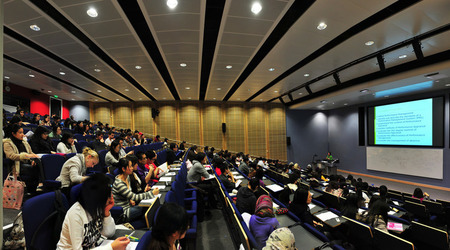
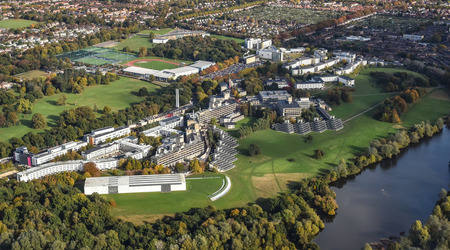
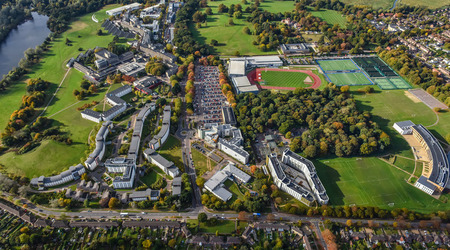
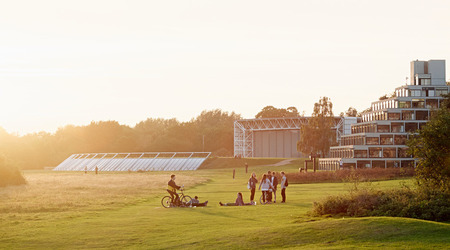
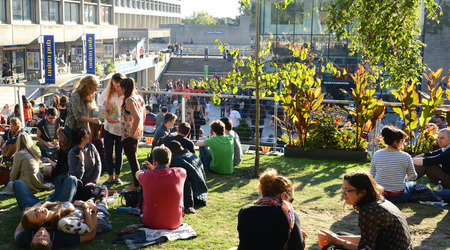
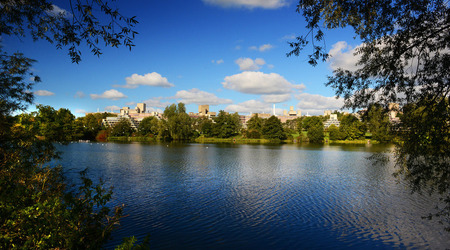

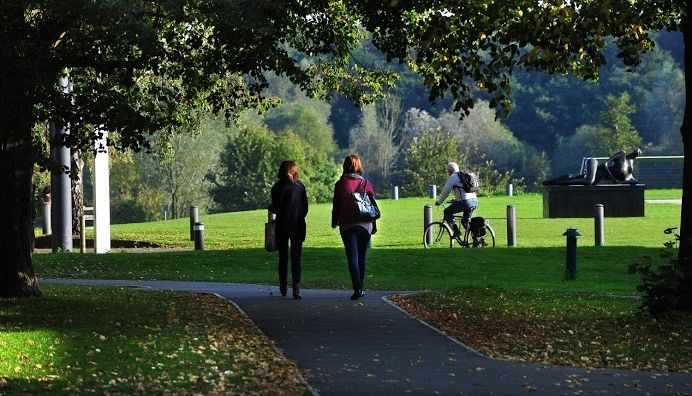

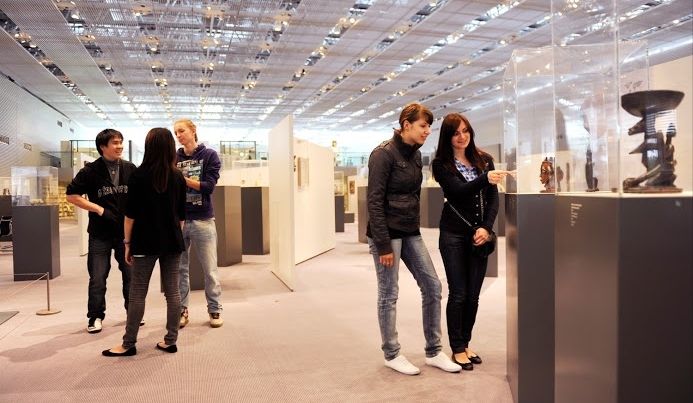

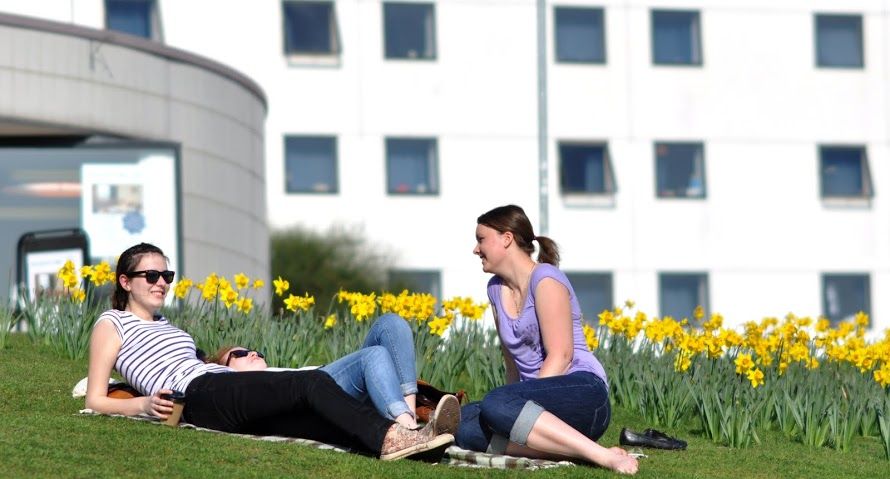
The University of East Anglia is based in the vibrant city of Norwich, located in the east of England. The city is less than two hours by train from London and is a unique blend of historic English architecture and modern design, which creates a dynamic and unforgettable atmosphere.
Norwich is home to eight theatres, five museums, four cinemas, two cathedrals, four music venues and a castle. There are 300 pubs, restaurants and bars,1500 historic buildings as well as modern developments such as The Forum, which is the home of the regional BBC studio and the award-winning Millennium Library.
As a base for exploring Britain, Norwich is just a short journey from Cambridge and other key cities with coaches and trains conveniently connecting you with the rest of the UK. International students are also able to take advantage of Norwich International Airport which is conveniently located 15 minutes from campus.